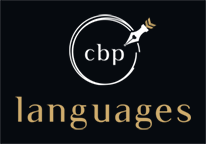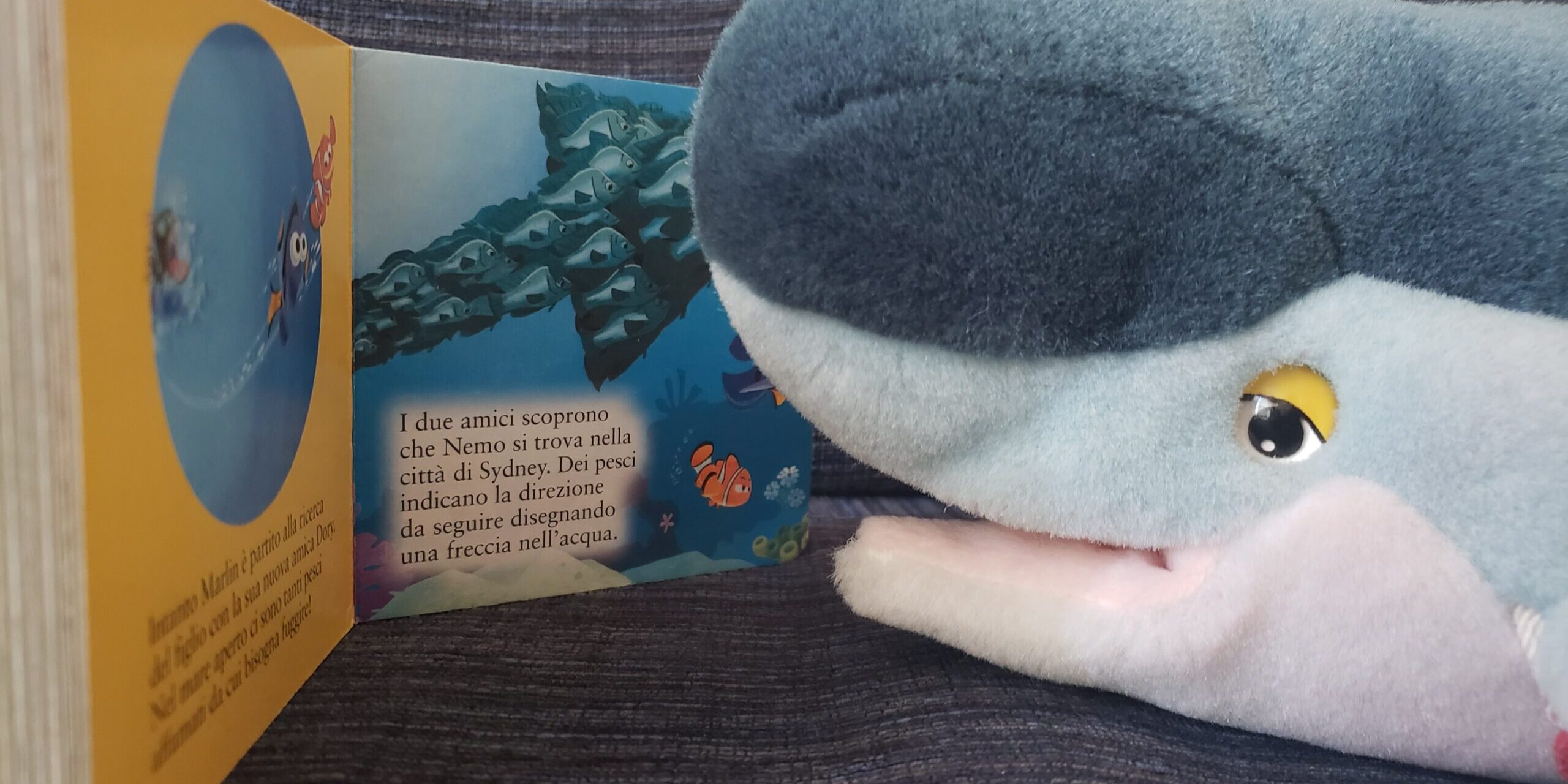Why is speaking so challenging?
“When I say a sentence in my mind it sounds amazing. But when I try to say it out loud, my mouth feels like it is full of glue…” This, among others, is one of the phrases that I most often hear from students. I share their feeling.
We’ve learnt a new language, we understand its syntax, and we can finally read or even write something…however, we are struggling to reach the level of fluency we longed for.
In the past, I’ve woken up from dreams where I was speaking another language impeccably. In fact, I was so impressed with my performance that I had to know if it was really happening. Needless to say, it was not!
If I had to describe the way I feel, I would say that there’s a sort of asynchrony between my thoughts – fast – and my tongue – not so fast. Despite knowing what I want to say and how I should phrase it, my face seems to be moving in slow motion. Sometimes, I sense my lips wandering aimlessly as I try to mimic that YouTuber who has helped thousands of viewers pronounce incredibly long sequences of vowels. My eyes are wide open, my eyebrows curved like mountains, my tongue bent upwards reaching for my palate, and…nothing! The sound I emit – a far cry from what it should be – reminds me of Dory speaking “whale” in Finding Nemo.
I think that speaking another language is challenging for several reasons. If we identify a few of them, our journey to fluency can be smoother.
Adult learners’ social experiences
First off, as adult learners, our knowledge of human interaction – work, social media, job interviews, friends, and dating apps – is mature enough to help us deliver simple and concise messages in our native language, by drawing from various sources. When our vocabulary is limited, however, our sources have a bounded range; hence, our sentences are simpler. It can be difficult at times to accept the idea that our interlocutors can’t see how amazing we are when we are speaking our own language. This is one of the most frustrating problems that “internationally trained and overqualified” newcomers face when finding their place in their field of expertise.
Re-learning
The next reason is mostly physical, as I mentioned in my first post. When learning a new language, we may need to re-learn how to pronounce certain letters (such as the letter “r”). We may even have to learn a brand new sound, which doesn’t exist in our language. Without a doubt, this process can be physically taxing.
My strategies: talking to myself
How can we overcome all of these barriers? Attending classes, reading to improve our vocabulary, talking to ourselves in the language we are learning, and with practice, of course.
When I moved to Spain, I remember that before meeting someone I needed to talk to, I would visualize the moment first. Taking notes of what I wanted to say, and repeating them out loud several times on my way there, seemed to reduce my stress level while boosting my confidence. I did the same when I moved to Canada, and every time I went to a conversational class in French, Spanish, or English. Eventually, all those sentences become easier to pronounce, and start “making sense” at a deeper level. You might want to try it, if you haven’t before now.
Finally, let’s not forget that in class, a protected environment, most of us share the same insecurity. Yet this is the place where taking risks is advisable, where making a mistake is never a big deal. It is our micro-society in a bubble, a place where roleplays are just that – a game. It’s a place where the instructor’s only interest is to smoothly walk us through the process. Before going to class, try to prepare few lines of a story you want to share (an article you read, a place you visited during the weekend, a dish you tried). A few phrases that will make you feel better, and ready to struggle with the next impossible to pronounce word – (colonel in English; ghiaccio in Italian; serrurerie in French; or espantapájaros in Spanish)😊 .
Which strategy do you use?





To use a well-known phrase, Claudia, you have “hit the nail on the head”! I relate so much to what is written in your article. After studying Italian for many years, I find speaking to be the most challenging aspect of it. These days, I practice speaking when possible, listen to mini lessons on YouTube, also blogs, read news articles online, have an Italian magazine subscription, listen to music, and attend classes. In my mind I am a “legend” at speaking Italian, the reality is much less than legendary! Nonetheless, I love the language, the challenge, the friends who encourage me, and am eager to continue on questo bellissimo viaggio.
Stella, “hit the nail on the head” becomes “colpire nel segno”. So, today I am going to say a couple of sentences using the English expression you have just used. I am going to say those sentences out loud. Hopefully, I will sound more like Claudia and less like Dory 🙂